USA
The latest report from the United Nations expert group regarding the conflict in eastern DRC, made public on Wednesday, July 2, reignites accusations against Rwanda. The document, indicates a significant presence of Rwandan soldiers – up to 6,000 personnel – on Congolese territory between January and May 2025, and names several high-ranking Rwandan officials directly involved in the operations.
Less than a week after the signing of a peace agreement between Kinshasa and Kigali in Washington, a report has emerged that cannot be overlooked.
Made public on Wednesday, July 2, after being submitted to the UN Security Council last May, the document details the Rwandan military presence on Congolese soil and the support it provided to the AFC/M23 coalition, particularly during the captures of Goma and Bukavu earlier this year.
UN experts who authored the report state unequivocally that in January and February 2025, approximately 6,000 Rwandan soldiers – including special forces members – were deployed in North and South Kivu, and Kigali recruited former demobilized FDLR fighters to carry out reconnaissance and intelligence operations in Congolese territory.
While some of these troops returned to Rwanda after the capture of Goma, others were redeployed towards Bukavu, always aiming to maintain a low profile regarding Rwandan involvement in the conflict, the UN experts continue, noting that at the time of their report's writing – that is, until May – between 1,000 and 1,500 Rwandan soldiers were still active in areas controlled by the AFC/M23.
They also assert that the operations of the Rwandan Defense Forces (RDF) in eastern DRC were planned and directed notably by James Kabarebe, a former Rwandan military chief who is now the Minister of Regional Cooperation, who was sanctioned by the US Treasury last February for having "orchestrated support" from Rwanda to the AFC/M23, according to Washington.
Also mentioned are General Vincent Nyakarundi, chief of staff of the Rwandan army, and General Patrick Karuretwa, president of the Rwandan High Military Court.
Acts that may lead to sanctions
According to the report, the RDF allegedly established an advanced headquarters in Gisenyi, the twin city of Goma, located at the border between the DRC and Rwanda.
Their aim was reportedly not to neutralize the FDLR but to seize new territories.
Their presence, operational role in North and South Kivu, and the direct control they exerted over the M23 – which was able to strengthen its hold over both provinces while ensuring Rwanda access to minerals, agricultural land, and political influence in the DRC – are considered acts that may lead to sanctions, experts further state.
Regarding the AFC/M23, they assert that the armed group has bolstered its ranks through extensive recruitment.
Former FARDC soldiers, Wazalendo fighters, members of the diaspora, or ex-Rwandan military personnel: while some joined voluntarily, others were conscripted under duress, the report adds, noting that the Congolese government continues to rely on the Wazalendo and FDLR as auxiliary forces.
These groups, although weakened by recent combat, have reorganized and are beginning to launch retaliatory attacks.
In response to these allegations, Kigali, which has consistently denied the presence of Rwandan soldiers on Congolese soil, has merely reiterated its commitment to the peace agreement signed on Friday, June 27, in Washington.
"Rwanda is fully committed to its implementation, including the neutralization of the FDLR," stated Yolande Makolo, the spokesperson for the Rwandan government.





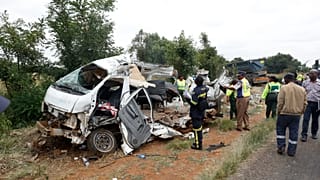
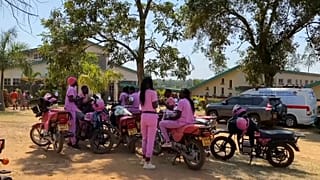

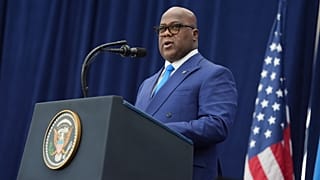
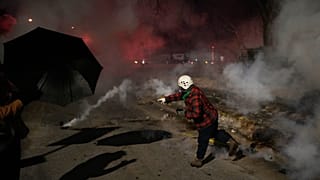
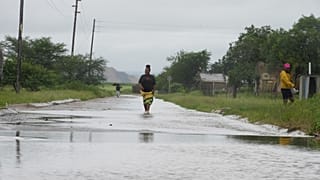
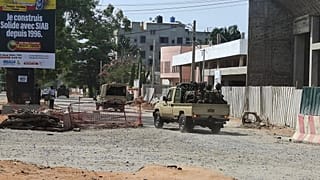
![Senegal stun Morocco in AFCON 2025 final to retain continental crown [Football Now]](https://images.euronews.com/articles/stories/09/61/76/30/320x180_cmsv2_64f668d8-9f3a-50c3-9477-243de96f35d5-9617630.jpg)
02:19
DRC: Artists call for peace at Tumaini festival
00:01
Uncertainty in Uvira as M23 rebels again announce withdrawal from eastern DRC city
01:12
Humanitarian workers face rising attacks in Eastern DR Congo
00:53
United Nations says more than 50 Congolese refugees have died in Burundi
01:51
Rebel group holds funeral for victims of drone strike in eastern DR Congo
01:36
DRC: Funeral held for victims of drone strike blamed on govt forces